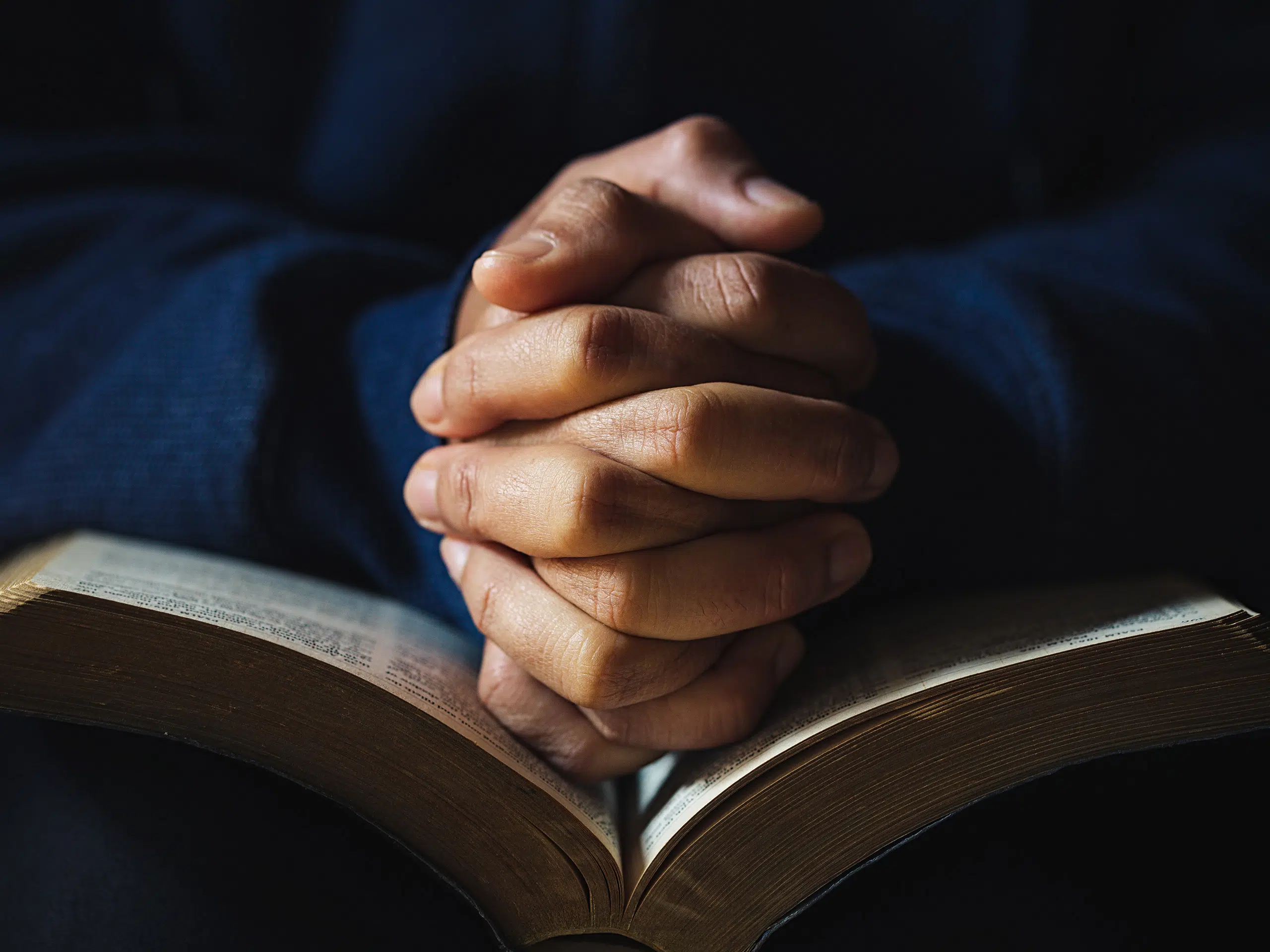GOSPEL COMMENTARY Feb. 11 Mk 1:40-45
Recently while watching an old TV show, I heard one of the “smart” characters quip that he “could never believe in a God that takes attendance on Sundays.” He was echoing a popular belief that we’ve all heard: Why would a good and loving God really care about obedience to something that seems so small? Wouldn’t God just want us to be nice to each other? And as long as that was the case, why can’t we do whatever we please on Sunday or any other day?
In contrast, consider our Gospel this Sunday (Mk 1:40-45), wherein Jesus asks a leper to follow a simple set of instructions after healing him: “See that you tell no one anything, but go, show yourself to the priest and offer for your cleansing what Moses prescribed.” Given that Jesus’ instructions are described as stern, it seems a good and loving God (one who heals and even touches lepers, for example) is interested in the little details, after all.
Of course, the overjoyed leper does none of this and immediately blabs to everyone. With a little imagination, one can almost hear the modern rationalization in the background as he shares the tale. There’s nothing new under the sun. Imagine him explaining himself later at the pub:
“Sure, Jesus asked me not to say anything and sure, he told me to go and offer sacrifice and talk to the priest. But then I got to thinking — this Jesus is going to need all the publicity he can get if he’s the messiah. And I’ve talked to priests for years and not a single one cured me, so what do they know? So, I said to myself: How can a guy who was so kind to me really care all that much about what I do with my new freedom? After all, I’m really helping him by getting him business … ”
Yet, what are the effects of the healed leper’s advertising campaign? Nothing but a big headache for the Lord. How so?
Consider that Jesus is now publicly known to have physically touched a leper. Under the law, he’s now in quarantine and must remain outside the towns, isolated from society until he has been shown not to have contracted the illness. Thus, the healed man’s disobedience effectively banished Jesus from the very towns that he was there to visit. Not good.
Next consider the healed man himself. He was supposed to follow God’s law and didn’t. Not only was he blowing off Jesus, but the whole of the law that safeguards the health of the community. Not good. Then we think about the people who rush out to the desert to see Jesus. Their focus is no longer on Jesus’ teaching and identity, but on his ability to heal. Now, they’re not interested in who Christ is, but only in what he can do. God in their midst is reduced to a medical vending machine. Not good. Worse still, all those people are violating the Law of Moses (the quarantine) just to visit Jesus. In the end, one man’s seemingly insignificant disobedience becomes an obstacle to Jesus’ entire mission — derailing his itinerary, eroding his message, and causing further disobedience and lawlessness in the aftermath.
It turns out that God is good, merciful and loving, but that he also cares about obedience to the small details because they often make a big difference. Only God sees the whole picture and all the possible outcomes for his requests. Anyone who has ever been in a leadership position or command knows this reality. Sometimes a leader doesn’t have time or the luxury to explain all the details to those down the line. What’s appreciated in the heat of the moment is prompt following of orders.
Moreover, God’s motivation for desiring our obedience is not some authoritarian power trip, but because he wants what’s best for us and knows what’s needed to bring it about. He wants our healing and as the divine physician really does want our obedience in taking our medicine exactly as prescribed. So, for our health and freedom, God asks for our obedience, not only in attending Sunday Mass, but in many other things as a part of our faith. Are we willing to listen and follow our doctor’s orders, or are we going to get in the way?
Fr. Miserendino is chaplain at the University of Mary Washington in Fredericksburg.



Christ commands us to love